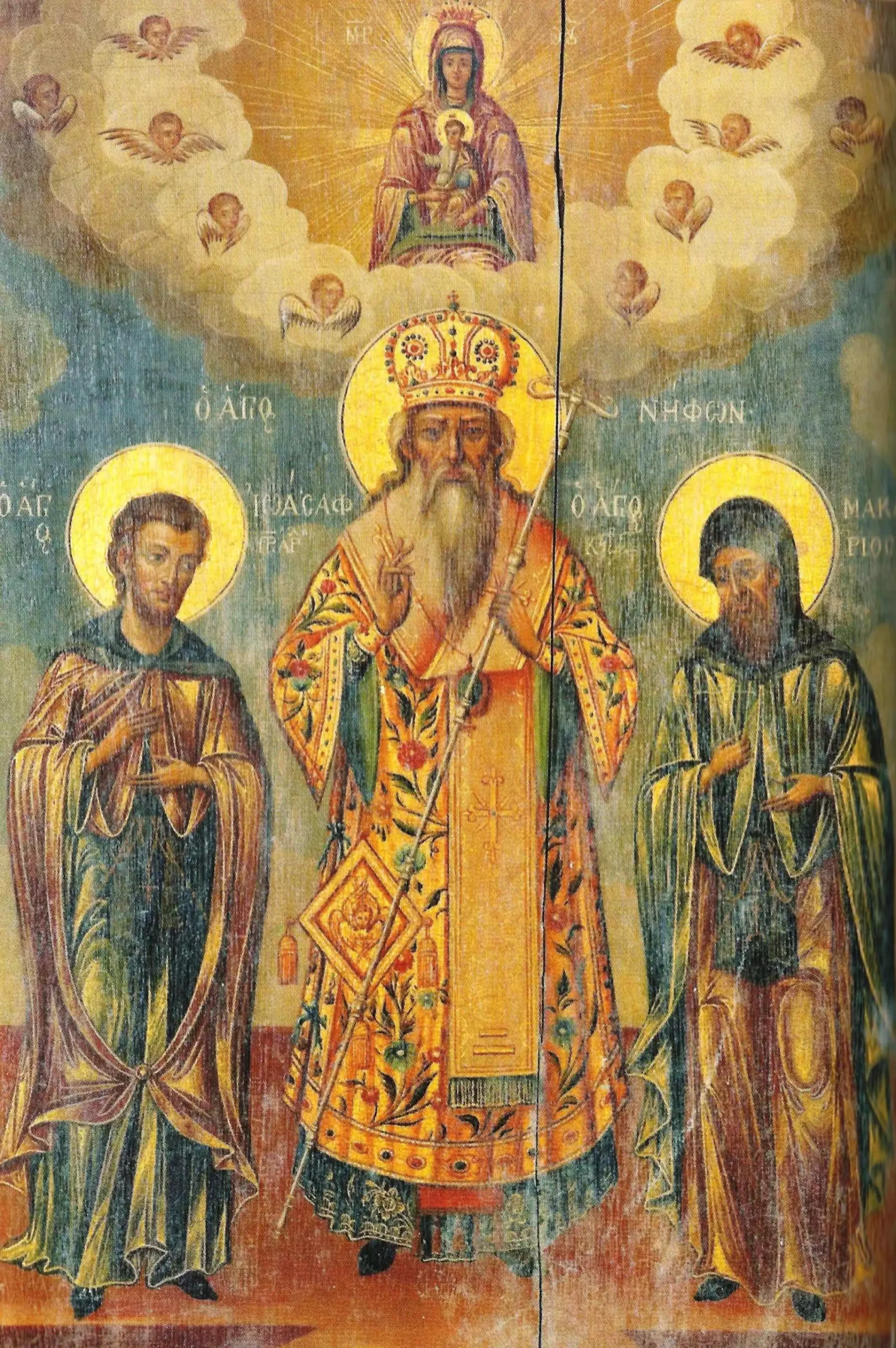
Saint Niphon II, esteemed as Patriarch of Constantinople from 1486 to 1488 and again from 1497 to 1498, remains a significant figure in the history of the Eastern Orthodox Church. Born in the mid-15th century and departing this life in 1508, his tenure as patriarch was marked by profound spiritual leadership during a period of considerable political and religious upheaval. His legacy, rooted in his steadfast dedication to the Orthodox faith, continues to resonate in the ecclesiastical circles.
Early Life and Ascension to Patriarchate
Saint Niphon II’s journey to the patriarchal throne of Constantinople was as remarkable as it was fraught with challenges. Born in a time of great turmoil, he witnessed firsthand the shifting political landscapes and the consequent impacts on the Orthodox Church. His early life, shrouded in the mists of history, nonetheless hints at a deep-seated devotion to religious studies and a fervent commitment to the spiritual welfare of his flock.
Niphon’s ascension to the patriarchate was a testament to his unwavering faith and his profound understanding of Orthodox theology. His tenure as Patriarch, though intermittent, was marked by significant decisions and actions that showcased his theological acumen and his ability to navigate the complex intersection of religion and politics. His leadership was not without controversy, yet it undeniably contributed to shaping the trajectory of the Eastern Orthodox Church during a critical period in its history.
Ecclesiastical Challenges and Theological Contributions
Saint Niphon II’s reign as Patriarch of Constantinople was marked by significant ecclesiastical challenges. His tenure coincided with the rise of the Ottoman Empire, a period that brought substantial political and religious changes affecting the Eastern Orthodox Church. Niphon’s steadfast approach in navigating these tumultuous times was notable, particularly in his dealings with both the Ottoman authorities and internal church affairs.
One of the hallmark achievements of Niphon II was his commitment to preserving the purity of Orthodox teachings amidst external pressures. He was deeply involved in theological discussions and debates, striving to maintain the integrity of Orthodox doctrines. His contributions in this area were substantial, reinforcing the church’s position on various doctrinal issues and guiding the faithful through a period of uncertainty and change.
Moreover, Niphon II’s efforts in ecclesiastical diplomacy were critical in maintaining a semblance of autonomy for the church under Ottoman rule. His diplomatic skills were instrumental in negotiating certain freedoms for the Orthodox community, ensuring the continuation of religious practices and traditions in a challenging political landscape.
Saint Niphon II of Constantinople’s legacy in the Eastern Orthodox Church is a testament to his resilient leadership and deep theological understanding. His tenure as Patriarch was a beacon of hope and guidance during a period of great upheaval. His ability to navigate political and religious challenges, while maintaining the integrity of Orthodox teachings, cements his place as a pivotal figure in the history of the church.
Feast Day: August 11
